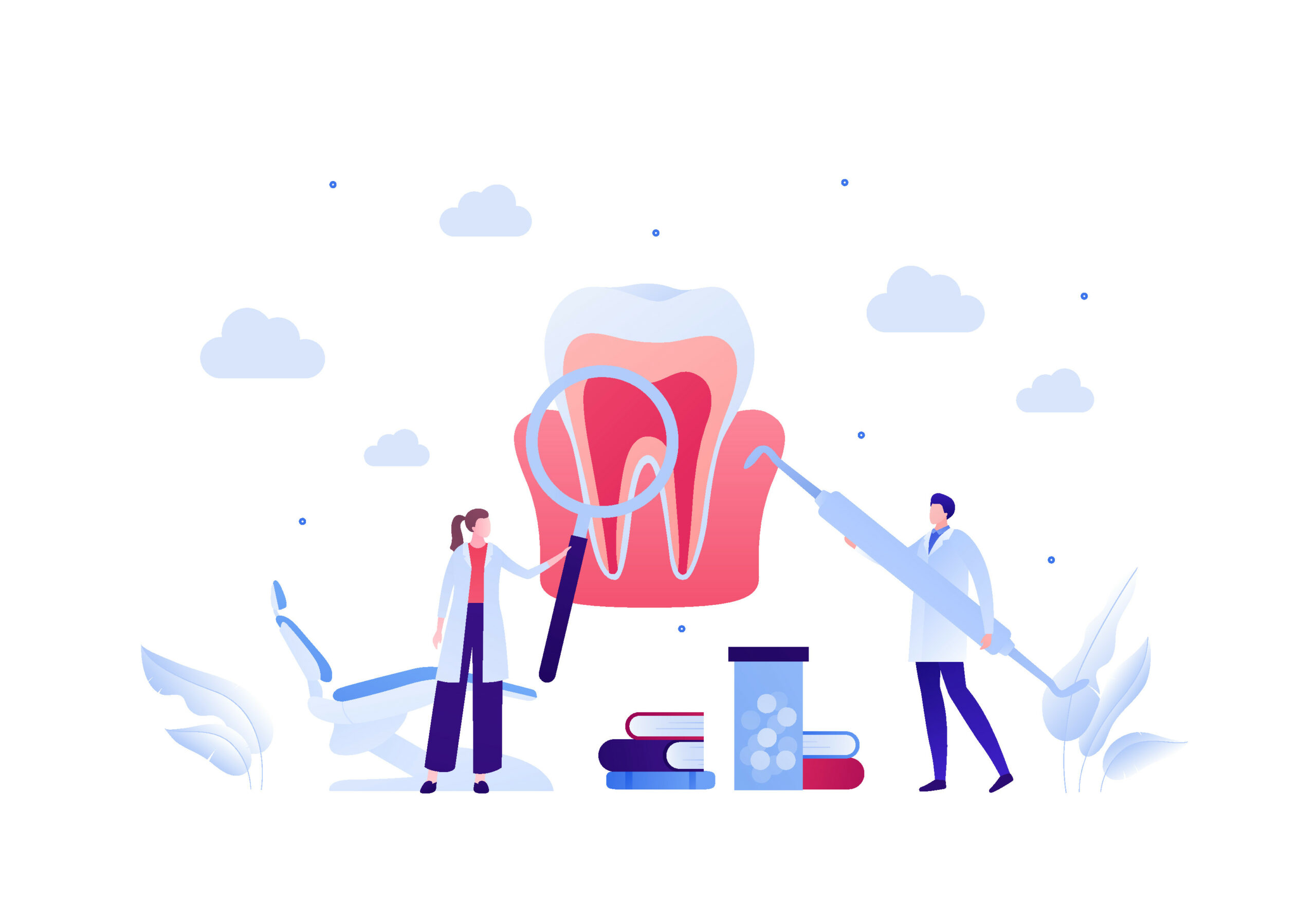The Impact of Alcohol on Oral Health

Alcohol has become a common part of social gatherings and relaxation routines for many individuals. While moderate alcohol consumption may not pose significant harm to overall health, it’s essential to understand the potential impact it can have on oral health. In this blog, we will explore the relationship between alcohol and dental health, discussing the risks associated with excessive alcohol intake and providing practical tips for maintaining a healthy smile.
- Dry Mouth: Alcohol is known to cause dehydration, leading to a dry mouth. Saliva plays a vital role in oral health by washing away food particles, neutralizing acids, and fighting bacteria. A lack of saliva increases the risk of tooth decay, bad breath, and gum disease.
- Tooth Decay: Alcoholic beverages often contain sugars and acids that can erode tooth enamel. Additionally, frequent consumption of alcoholic drinks can expose teeth to high levels of sugar, leading to a higher risk of cavities and dental decay.
- Stained Teeth: Many alcoholic beverages, such as red wine and dark liquors, have strong pigments that can stain teeth over time. These stains can be challenging to remove and may require professional dental treatments.
- Oral Cancer: Excessive alcohol consumption is a significant risk factor for oral cancer. Alcohol, especially when combined with smoking, can increase the likelihood of developing various types of oral cancer, including those affecting the lips, tongue, and throat.
Tips for Maintaining a Healthy Smile:
- Drink in moderation: Limiting alcohol intake can significantly reduce the risks associated with oral health problems. Consume alcohol in moderation, and be mindful of the types of beverages you choose. Opt for lighter-colored drinks that are less likely to stain your teeth.
- Stay hydrated: Counteract the drying effects of alcohol by staying hydrated. Drink plenty of water before, during, and after consuming alcoholic beverages to keep your mouth moist and promote saliva production.
- Practice good oral hygiene: Maintaining a proper oral hygiene routine is crucial, especially when alcohol is part of your lifestyle. Brush your teeth at least twice a day with fluoride toothpaste, floss daily, and rinse with an alcohol-free mouthwash. This routine will help remove plaque, fight bacteria, and minimize the risks of tooth decay and gum disease.
- Visit your dentist regularly: Regular dental check-ups are essential for detecting and addressing any oral health issues. Dentists can identify early signs of tooth decay, gum disease, or oral cancer and provide appropriate treatment or preventive measures.
- Be mindful of mixers: Many alcoholic beverages are mixed with sugary or acidic substances that can be harmful to teeth. Avoid mixing alcohol with carbonated drinks, energy drinks, or sugary mixers. Opt for water, soda water, or sugar-free options instead.
While enjoying an occasional alcoholic beverage may not be detrimental to oral health, excessive and frequent alcohol consumption can have adverse effects on your teeth and gums. By understanding the risks associated with alcohol and adopting healthy habits, such as moderation, hydration, and good oral hygiene, you can maintain a healthy smile. Remember to consult with your dentist regularly to address any concerns and keep your oral health in check.
If you have any questions about alcohol-related oral health issues, please contact Maple Dental Care at (07) 3448 9279 or via online booking.

